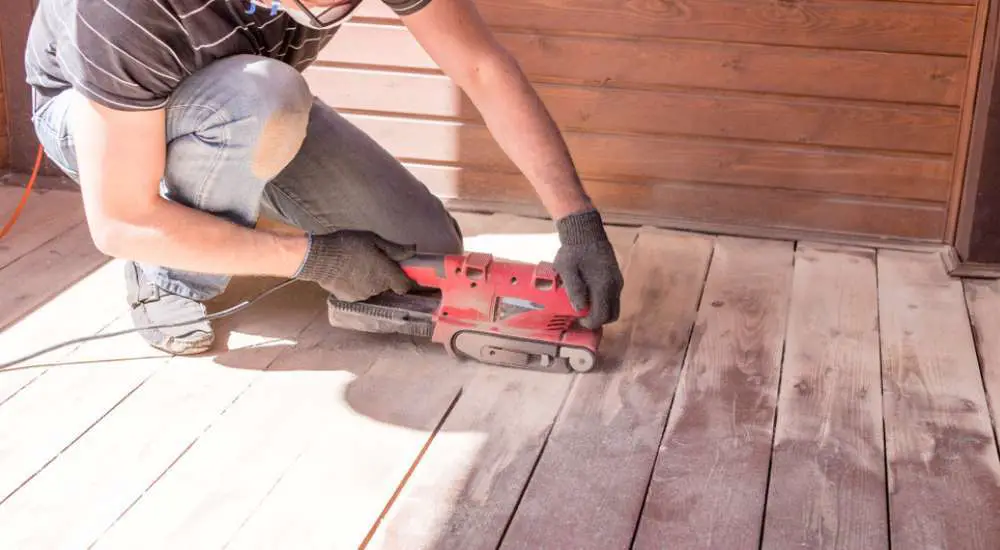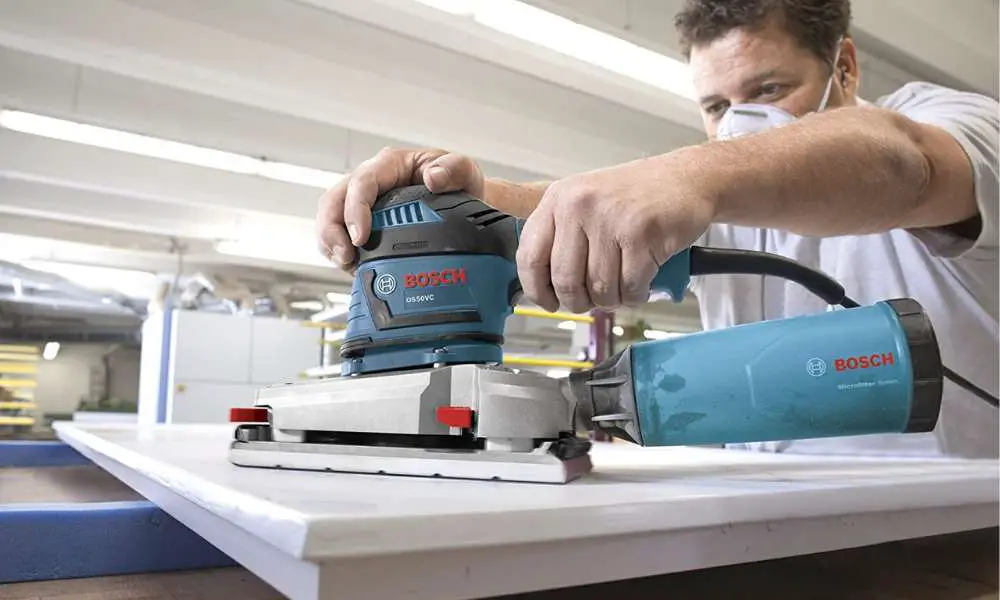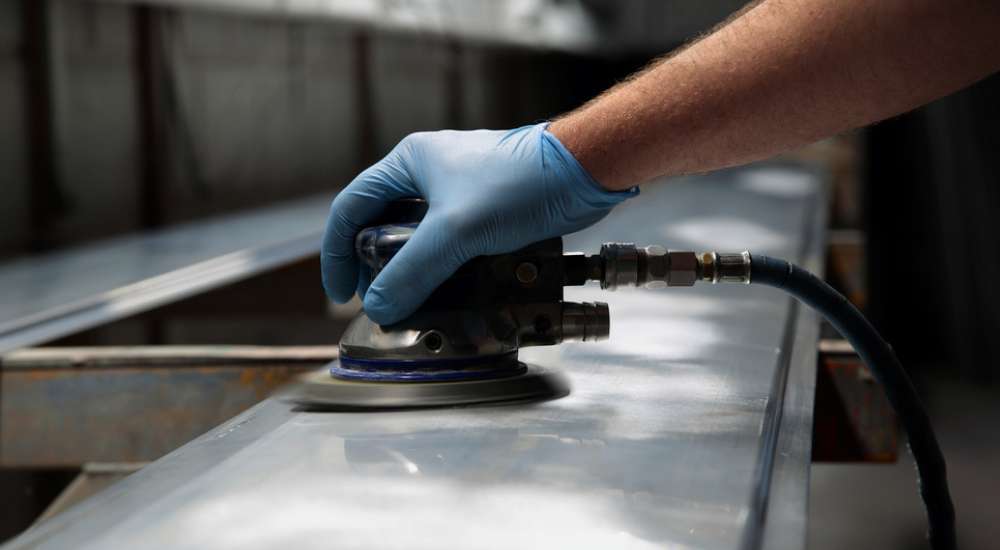Contents
- 1 Introduction to HVAC systems for finished basements
- 2 Key Takeaway:
- 3 Benefits of finished basements and their HVAC systems
- 4 Options for HVAC systems in finished basements
- 5 Factors to consider when choosing an HVAC system for a finished basement
- 6 Importance of optimal relative humidity levels in the home
- 7 Conclusion and recommendations for choosing the ideal HVAC system for a finished basement
- 8 Some Facts About What’s the Ideal HVAC System for a Finished Basement:
- 9 FAQs about What’S The Ideal Hvac System For A Finished Basement
- 9.1 What is the importance of an HVAC system in a finished basement?
- 9.2 What are some HVAC options to consider when finishing a basement?
- 9.3 What are the benefits of finished basements?
- 9.4 What is the ideal relative humidity level for a comfortable and healthy home environment?
- 9.5 What are the health risks associated with unfinished basements?
- 9.6 What factors should be considered when choosing an HVAC system for a finished basement?
Introduction to HVAC systems for finished basements
Finishing a basement comes with lots of important decisions. One of the biggest is selecting an HVAC system. Ventilation, heating & cooling, plus humidity control are key to making a comfy environment and avoiding mold. To get maximum comfort, pick an HVAC system made for basements. Traditional AC units, heat pumps, and mini-split systems with zoning are some options.
When choosing, look at energy efficiency, noise reduction, ease of access, and size of equipment. Ductless systems are great as they don’t need much ductwork and take up less space. Encapsulating ducts can cut down noise. Seal basement windows to boost energy efficiency.
Choose the right HVAC system and you’ll get a healthy, valuable living space. Consult with a pro to find the best solution.
Key Takeaway:
- Basement finishing can offer numerous benefits, but it can also pose health risks if proper HVAC systems are not in place. Exposure to mold and pollutants can lead to health issues like respiratory problems.
- When selecting an HVAC system for your finished basement, you have a few options. You can extend your current HVAC system to the basement, install a separate HVAC unit for the basement, or choose an appropriate type of HVAC unit for the basement.
- It is crucial to consider factors like the size and purpose of your finished basement, climate and humidity control, code restrictions, and consulting with a professional HVAC contractor when selecting the ideal HVAC system for your finished basement. Achieving optimal relative humidity levels in your home is also an essential consideration.
Benefits of finished basements and their HVAC systems
Finished basements can be the perfect solution for homeowners looking for more living space. But, to get the best comfort and temperature, the right HVAC system is key. It should control the heating and cooling of the space.
A well-designed HVAC system in a finished basement can provide many benefits. These include increased energy efficiency, improved air quality, regulated temperature and humidity, reduced moisture, and comfortable living conditions. To get the perfect environment in your basement, look to ductless HVAC systems, insulation, and dehumidifiers.
Finished basements have one unique challenge – reduced natural light. But, an appropriate HVAC system can help with this by adding lighting possibilities like recessed, track, or pendant lighting. This kind of lighting can make the space more comfortable and inviting.
The US Department of Energy says a well-designed HVAC system can reduce energy costs by 25%. So, it’s important to choose the right HVAC system for your finished basement to take advantage of these benefits and keep energy costs low.
Options for HVAC systems in finished basements
A finished basement needs the right kind of HVAC system to be comfortable. It should heat and cool uniformly while being energy-efficient. There are various options for HVAC systems: mini-split systems, ducted systems, hydronic radiant heating systems, and packaged terminal air conditioners (PTAC).
Mini-split systems are a great choice for those who want to retain the style of the basement because they offer zoning flexibility. But, ducted systems are more practical if the basement is bigger.
Hydronic radiant heating systems offer energy-efficient heating and PTACs are installed through walls, to heat and cool individual rooms.
Before making a decision, one must consider some unique details: the age and type of the home, the layout of the basement, the insulation and ventilation systems of the basement, and the energy efficiency of the HVAC system.
The size, layout, energy efficiency, and budget of the basement should all be taken into account. The installation of a zoned system can save money by precisely heating and cooling individual areas. Ensure proper insulation and ventilation, for an energy-efficient HVAC system. Consider all the options before deciding.
Factors to consider when choosing an HVAC system for a finished basement
When selecting an HVAC system for a finished basement, there are key factors to ponder. The size of the space is important. Check to see if your current system can handle the extra area. If not, you may require a new one.
Ventilation is essential for a finished basement. Additional vents or fans may be necessary to stop moisture and guarantee good air quality.
The design and layout of your basement are also significant. If you have high ceilings, ductwork is a good option. If it has low ceilings, a ductless HVAC system might be better.
The overall efficiency of the HVAC system is necessary. Consider an energy-efficient option to lower energy bills and keep comfort levels high, no matter the outdoor temp. By including all these points in your decision, you can easily find the best HVAC system for your finished basement.
Importance of optimal relative humidity levels in the home
The significance of keeping optimal relative humidity levels in your home can’t be overstated! It impacts not just your comfort, but your health too. Issues like respiratory problems and allergies can be prevented by managing the humidity levels.
To regulate humidity levels, an HVAC system for a finished basement is key. It may also help avert mold growth and bacteria in your house. This preserves your home’s structural integrity and makes it a safe living space.
Though the importance of maintaining optimal humidity levels seems clear, every home is unique. Find a solution that works for you! An HVAC system for a finished basement can be effective. Keep it maintained and ensure your home stays at the optimal humidity levels – ensuring a safe and pleasant living environment.
Conclusion and recommendations for choosing the ideal HVAC system for a finished basement
Conclusion & Recs for Choosing Ideal HVAC System for Finished Basement.
When selecting an ideal HVAC system, size, insulation & ventilation requirements are key. The system must be appropriately sized for efficient temperature & airflow. Ductwork install also needs to be planned. If the basement is used as a living area, multiple zones may be needed. But a simpler system is enough for storage.
Regular maintenance & filter changes are essential for the proper functioning of the HVAC system. This ensures long life & efficient functioning.
Some Facts About What’s the Ideal HVAC System for a Finished Basement:
- ✅ Unfinished basements can be a source of health problems due to indoor pollutants like radon, carbon monoxide, high humidity, mold, and sewer gases. (Source: Team Research)
- ✅ Efficient heating, ventilation, and cooling solutions are necessary for healthy air in the basement. (Source: Team Research)
- ✅ Installing a dehumidifier can counter high humidity levels and prevent toxic mold growth. (Source: Team Research)
- ✅ Extending the home’s HVAC system to the basement is an option if it has adequate capacity, but an audit of heating and cooling needs is necessary. (Source: Team Research)
- ✅ Adding a separate HVAC unit for the basement is another option to consider, and the type of unit should be determined based on the size of the finished basement. (Source: Team Research, Cates Heating, and Cooling, ARS)
FAQs about What’S The Ideal Hvac System For A Finished Basement
What is the importance of an HVAC system in a finished basement?
The HVAC system is essential for a comfortable and healthy living space in a finished basement. It helps in controlling the temperature, reducing humidity levels, and maintaining indoor air quality.
What are some HVAC options to consider when finishing a basement?
Homeowners may need to consider extending their current HVAC system to the basement, adding a separate HVAC unit for the basement, or installing ductless air conditioners. Consulting with a professional HVAC contractor can help determine the best option for the space and needs.
What are the benefits of finished basements?
Finished basements add value to the property, provide more living space, and optimize the use of every square footage in the home. It is an excellent way to expand and improve the functionality of the living space.
What is the ideal relative humidity level for a comfortable and healthy home environment?
The optimal relative humidity in a home is between 35-45%. To maintain this level, homeowners can consider adding a whole-home humidifier and/or dehumidifier to their HVAC system.
What are the health risks associated with unfinished basements?
Unfinished basements can be a significant source of health problems due to indoor pollutants such as radon, carbon monoxide, high humidity, mold, and sewer gases. It is vital to address these issues before finishing the basement to ensure a safe and healthy living space.
What factors should be considered when choosing an HVAC system for a finished basement?
Homeowners should consider the size of the finished basement, the type of HVAC unit to use, the need for ductwork, the purpose of the space, and the climate. Consulting with a professional HVAC contractor can help determine the optimal system size and features to meet the needs of the space.




Leave a Reply